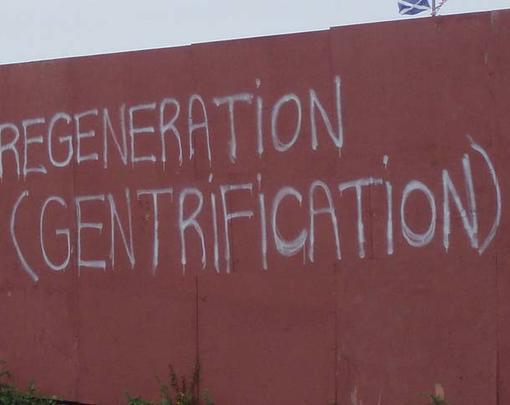Public ownership is making a comeback around the world because of its utility in addressing critical public policy questions. The prevailing model of private sector-led and market-driven approaches, dominant across much of the world since the 1980s, has been found wanting in addressing key challenges, notably economic inequality and climate change. The lesson emerging is that forms of public ownership and management are essential not only for the kinds of patient, long-term, and strategic investment needed to deliver accessible and affordable public goods and services, but also to ensure a more equitable, democratic, and sustainable economic system. From the global remunicipalisation movement, to the Green New Deal, to the international quest for public banking, activists and politicians alike are rediscovering the power and potential of public ownership to address the many real and escalating economic, social, and environmental challenges we now face.
In the past, many publicly owned enterprises have tended to be overly top-down, managerial, opaque, and unaccountable (although this is equally the case with many private enterprises). Whether through older forms of state ownership, or recent forms of privatisation, public services have conventionally been managed and run by elite groups who are often far removed from the circumstances and consequences of their decisions. This means that they are divorced from the very people who are supposed to have ownership: the public writ large. This is not only undemocratic but also inefficient; excluding the public comes at the cost of harnessing varied forms of “on the ground” knowledge that employees and users possess through their everyday interactions with public services. It also limits the ability of publicly owned enterprises to build up a constituency of support among its employees, local residents, and community interest groups, making them easier to privatise when political winds shift.
As the Labour Party commits itself to reintroducing public ownership in such key sectors as transportation, communications, banking, energy, and water, what is required is a new and more democratic approach in order to avoid the mistakes and missed opportunities of the past. There is a great opportunity to develop forms of organisation, governance, and regulation that stimulate public participation, increase accountability, and empower communities and individuals that have traditionally been excluded from economic decision- making in publicly owned enterprises and services.
Such an approach needs to be integrated fully into the Labour Party’s broad programme of public ownership. Democratic public ownership represents not only a paradigm shift in how publicly owned enterprises and services (of which there are millions around the world) are structured and governed, but also offers the opportunity to shift the distribution of economic power in our society, moving it from the hands of the few to the many.
In this response to the Labour Party’s consultation on democratic public ownership, we set out the key features of what existing research and experience tells us works for creating democratic forms of public enterprise. Our response is provided in two sections: 1) core components of democratic public ownership and 2) indicative structures of organisation and the underlying value systems that we believe should inform a new generation of public enterprise.





